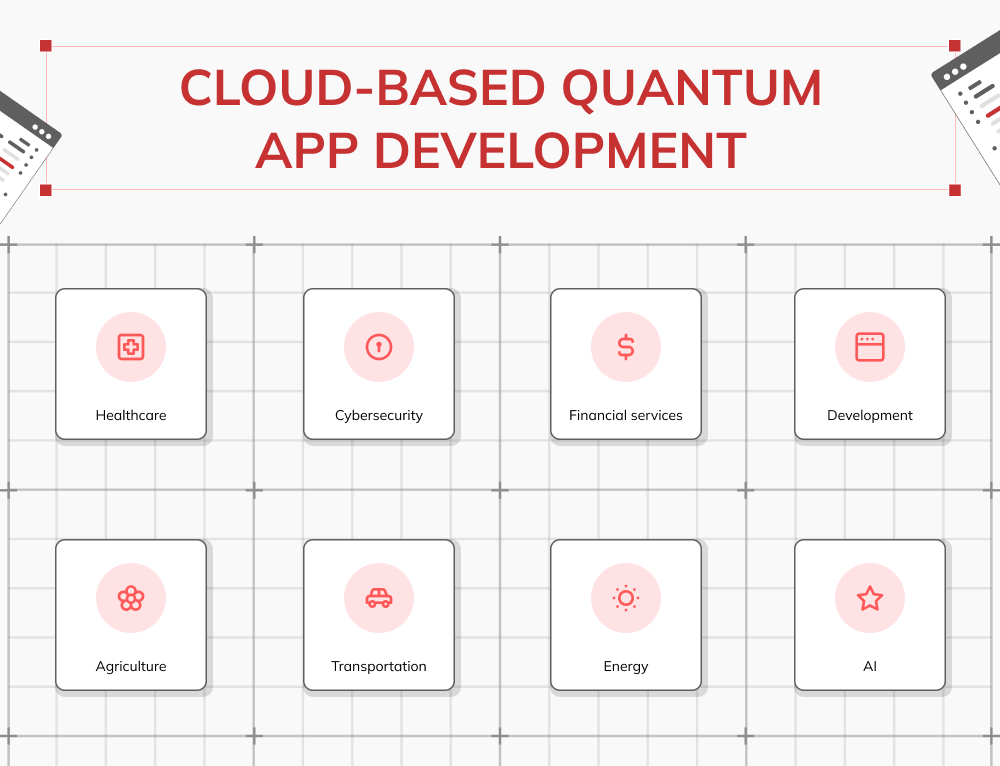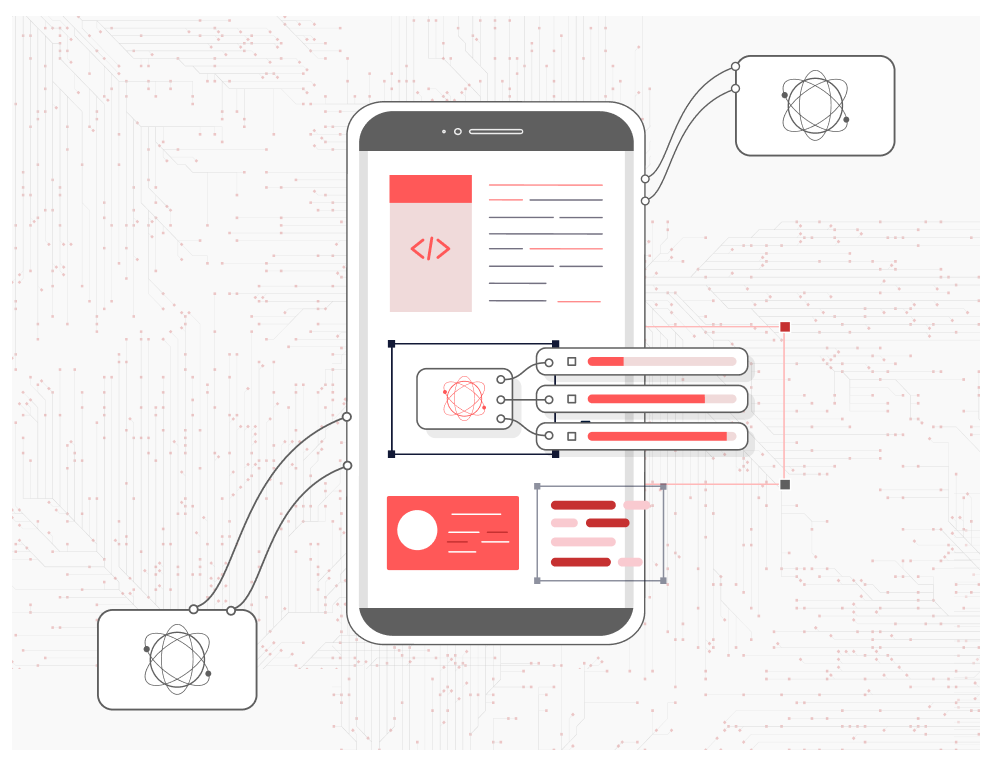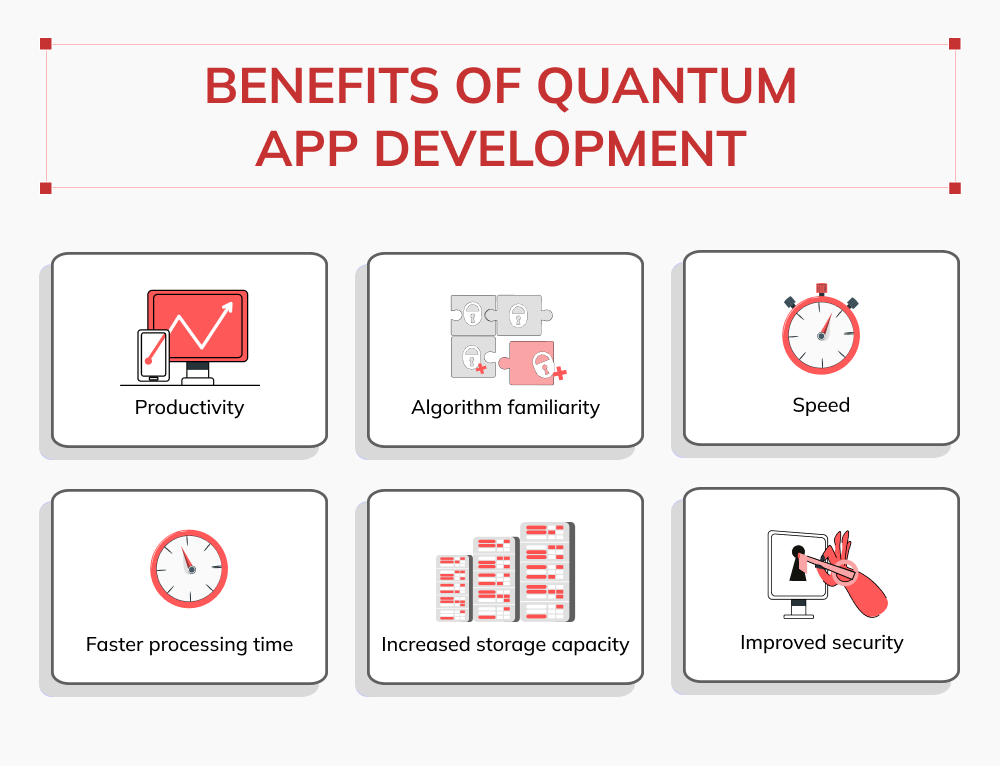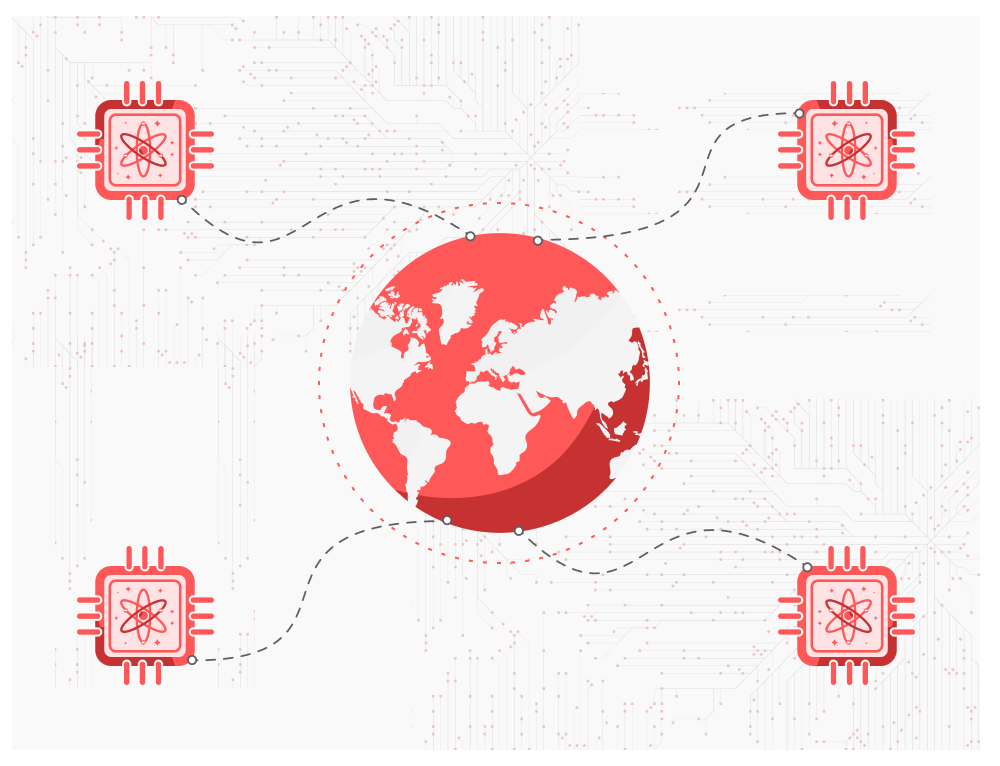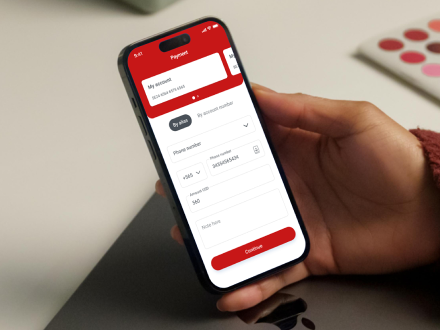What is quantum app development?
Computing based on the principles of quantum mechanics allows for faster calculations compared to traditional computing. Instead of using bits to store and process data, computers that use this type of computing use units called qubits that can exist in multiple states simultaneously. This unique characteristic allows for multiple calculations to be performed at once.The development of applications that use this type of computing involves incorporating it into the platform’s database and core processing. Unlike traditional computing, which relies on binary values, QC processes datasets with qubits and quantum mechanics principles. As a result, applications that use this type of computing are capable of quickly solving complex calculations, making businesses interested in incorporating this technology into their applications.According to experts, this technology is expected to have long-term impacts on AI, banking, and cybersecurity applications based on current research.
Advantages of quantum app development solutions
The use of a new type of computing is gaining popularity in the tech sector, and there are several benefits to using this technology for app development.
Algorithm familiarity
Despite being a new technology, its fundamentals are similar to classic computing. It can process basic calculations and allows new users to quickly gain familiarity with the algorithms. This simplifies the process for inexperienced developers to work with this technology.Faster processing times
One major benefit of this type of app development is the potential for quicker processing times in comparison to traditional computing systems. This technology utilizes units that have the ability to exist in various states simultaneously, enabling the execution of multiple calculations simultaneously. This makes it well-suited for managing intricate datasets and conducting complicated computations. Therefore, this form of app development has the potential to substantially decrease processing times and enhance overall effectiveness. Increased storage capacity
Quantum computing technologies have the potential to significantly transform data storage. Innovative systems can store and manipulate extensive amounts of information using advanced units called qubits. These qubits have the unique ability to exist in multiple states concurrently. Exploiting this expanded storage capacity in app development allows for efficient handling of large datasets and facilitates more advanced data processing and analysis.Improved security
Advanced cryptographic techniques based on quantum principles provide heightened security compared to traditional cryptographic methods. Protocols for distributing quantum keys utilize the principles of quantum mechanics to establish secure communication channels that are highly resistant to eavesdropping and hacking attempts. App development solutions can incorporate these advanced security measures to safeguard sensitive data and ensure the privacy of user interactions.Challenges and opportunities of quantum app development
Although the advantages of using QC for app development are considerable, there are also considerable obstacles to overcome. One of the most significant is the restricted number of qubits obtainable, which makes constructing complex quantum systems problematic. Another challenge is the absence of uniformity in programming languages and tools for quantum computing.
Despite these obstacles, there are substantial possibilities for quantum app development. QC could transform fields such as finance, healthcare, and logistics. For instance, quantum computers may be utilized to streamline supply chains, enhance medical diagnoses, and innovate new materials.
Applications of quantum app development
We are still in the early stages of this type of app development. Still, its components have a wide range of applications.
Healthcare
Technology based on QC principles has the potential to revolutionize healthcare in multiple ways. Firstly, it can improve the speed and accuracy of medical diagnoses and treatment plans. QC is capable of processing vast amounts of data much faster than classical computers, enabling healthcare professionals to obtain more precise analyses of intricate patient data and medical imaging. This could lead to more effective and individualized treatments and faster diagnoses of life-threatening illnesses.
Secondly, QC can advance personalized medicine by analyzing copious amounts of genomic data and patient-specific information to identify unique genetic markers and biomarkers that indicate a predisposition to certain diseases or conditions. This information can then be utilized to develop targeted treatments and preventative strategies customized to each patient’s unique needs.
Lastly, QC has the potential to help healthcare professionals predict patient outcomes and health risks with greater accuracy. By analyzing large datasets and detecting complex patterns, QC can assist doctors and other healthcare professionals in making better-informed decisions about patient care. For instance, QC can be employed to develop predictive models that identify patients at high risk of developing specific diseases, allowing healthcare providers to implement preventive measures before symptoms manifest.
Cybersecurity
The emergence of a new era of technology is being driven by the development of advanced computing systems, with the potential to significantly enhance security measures for consumer information. These applications offer cutting-edge technology to safeguard data from hacking attempts and ensure secure communication between parties, providing greater privacy and peace of mind for individuals in their online interactions.
Along with enhancing consumer privacy, financial institutions stand to gain from utilizing advanced computing systems to address intricate issues and reinforce their security measures. The superior threat detection capabilities of these systems aid in identifying potential threats and fraudulent activities, ensuring the safety of financial transactions. Additionally, the exceptional processing power of these systems minimizes the time and cost linked to financial transactions, resulting in faster and more efficient services for customers.
Financial services
QC has the potential to revolutionize the financial services industry by enabling more accurate risk assessment, enhancing fraud detection capabilities, and optimizing portfolio management. Traditional computing methods often struggle to cope with the complexity of financial data and the vast volume of transactions handled by financial institutions. In contrast, QC excels at performing complex calculations and analyzes more efficiently, enabling financial institutions to quickly identify patterns and make more informed decisions.
One of the most significant benefits of quantum computing in finance is its potential to enhance security. QC algorithms offer more robust encryption methods that are nearly impossible to hack, ensuring the protection of sensitive financial data. This level of security can provide peace of mind for financial institutions and their customers.
Additionally, QC has the ability to speed up and streamline transaction processing, leading to enhanced customer satisfaction. This, in turn, can result in cost savings for financial institutions by reducing the need for manual intervention and simplifying processes.
Agriculture
QC algorithms can scrutinize intricate chemical processes indispensable for manufacturing fertilizers. By utilizing quantum computing, it is simpler to ascertain the precise amount of ammonia required to promote plant growth. This could significantly enhance agriculture by improving energy efficiency and augmenting production.
Traditionally, the production of fertilizers has followed a tedious trial-and-error approach, resulting in the wastage of resources. However, the integration of QC algorithms makes it possible to scrutinize the chemical reactions involved in the production of fertilizers at a molecular level, facilitating more accurate predictions and alterations.
This technology has the potential to transform the agricultural industry by customizing fertilizers to specific crops and soil conditions, thereby enhancing yields and reducing wastage. Moreover, the energy consumption of fertilizer production can be decreased, reducing costs and leading to a more sustainable farming industry.
Energy
Quantum app development can address intricate issues related to energy production, distribution, and consumption by processing massive amounts of data and performing complex calculations at remarkable speeds.
One promising area where software development could have a significant impact is the optimization of renewable energy systems, such as wind turbines and solar panels. By using sophisticated algorithms, developers can analyze vast amounts of data to identify the most efficient and cost-effective designs for these systems, resulting in increased energy production and reduced costs.
Another area where this technology could be advantageous is the development of advanced materials for energy storage and transmission. By simulating the behavior of complex materials at the atomic level, developers can create new materials with improved properties, such as higher conductivity or increased durability.
Furthermore, this technology can potentially optimize energy grid performance, leading to reduced energy waste and improved efficiency in power distribution. Through the analysis of extensive data on energy consumption patterns, developers can pinpoint areas where energy usage can be reduced and develop strategies to optimize energy distribution.
Transportation
Advanced computing technology provides exceptional capabilities for processing vast amounts of data and performing complex calculations at unprecedented speeds, making it a promising technology for transportation-related applications.
Software development has a significant impact on transportation, particularly in optimizing traffic flow and reducing congestion. Advanced algorithms analyze real-time traffic and weather conditions to optimize traffic signal timings, reduce travel time, and decrease emissions from idling vehicles. This leads to more efficient use of road infrastructure, a reduced environmental impact, and a better travel experience for commuters.
Another area where software development contributes to transportation is the design of efficient and sustainable transportation systems. Simulation of complex materials and structures allows developers to design better materials for vehicles and transportation infrastructure. This leads to more fuel-efficient vehicles, longer-lasting roads, bridges, and sustainable transportation systems.
Software technology also enhances transportation safety by analyzing sensor data to detect potential safety risks and developing strategies to mitigate them. For example, advanced algorithms analyze connected vehicle data in real-time to identify patterns and detect potential safety hazards, allowing timely interventions to prevent accidents.
Quantum app development in AI
Quantum computing has the potential to transform the field of machine learning and artificial intelligence (AI) by significantly improving algorithms and training machine learning models at an unprecedented speed.
Quantum computing impacts AI by processing and analyzing enormous datasets more efficiently, utilizing quantum algorithms for accurate predictions and better decision-making capabilities. These advancements can greatly benefit medical research, financial modeling, and energy optimization.
Cloud-based quantum app development
Quantum app development is an exciting and rapidly growing field that involves building and deploying applications that leverage the power of QC on cloud-based platforms.
Developers have the option to write quantum algorithms using languages like Q# and Python, which are designed specifically for quantum computing. These algorithms can be tested using quantum simulators to evaluate their performance under varying conditions.
Aside from simulators, cloud-based quantum platforms offer access to real quantum hardware, enabling developers to execute their quantum programs on actual quantum computers. This yields results that cannot be simulated using classical computers.
Cloud-based quantum app development also fosters collaboration among developers and researchers. They can share resources and code, work collaboratively on projects, and build upon each other’s work, facilitating faster and more innovative development of quantum applications.
Cloud providers like Microsoft Azure have taken a comprehensive approach to deliver all the technology needed to enable commercial impact by innovating at all computing stack layers, including controls, software, development tools, and services. Azure Quantum, for example, is a full-stack, open cloud QC ecosystem that allows developers to explore a diverse selection of today’s quantum app development solutions, hardware, and software from Microsoft and its partners.
Impact of quantum app development
The emergence of quantum app development services holds immense promise for revolutionizing multiple industries. Leading corporations are increasingly allocating resources toward quantum computing to enhance productivity and maintain a competitive edge. A strategic mindset is essential for organizations and businesses to successfully prepare for the future with QC technology. The integration of QC is expected to become a ubiquitous norm within the mobile app industry within the next ten years.



